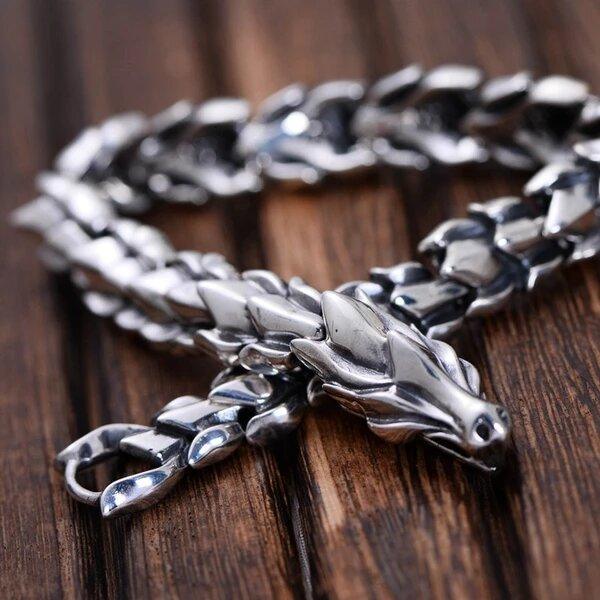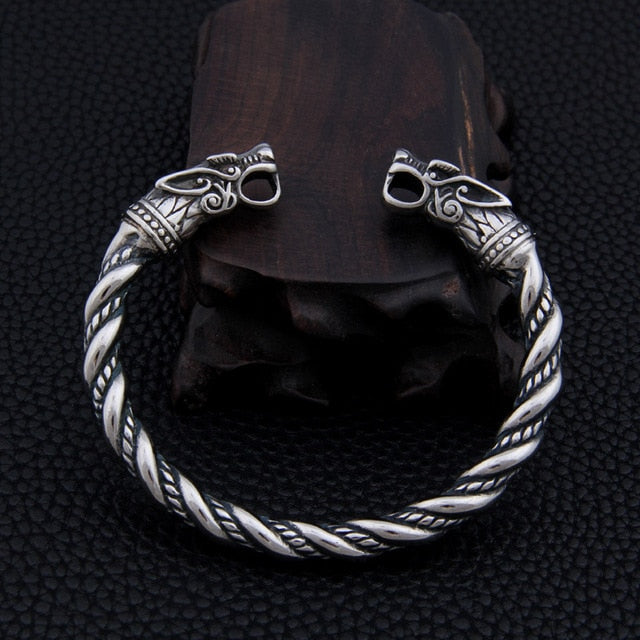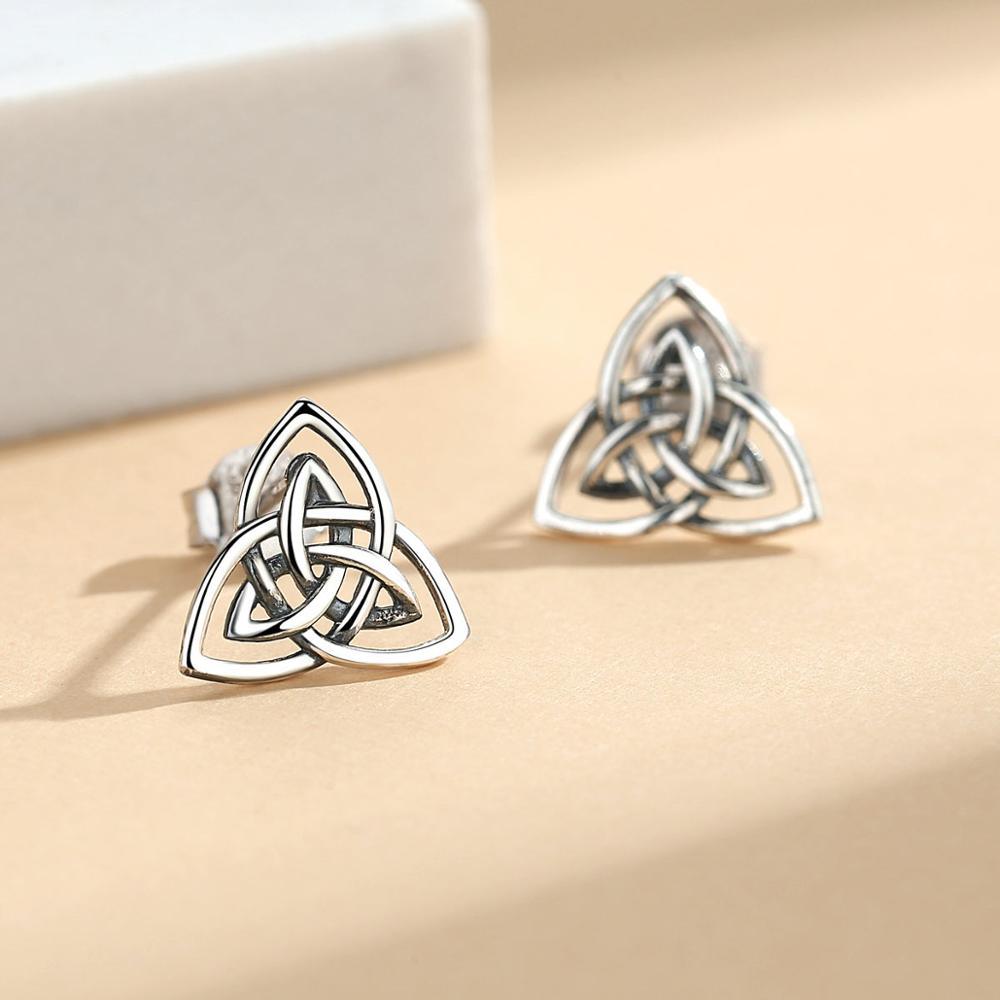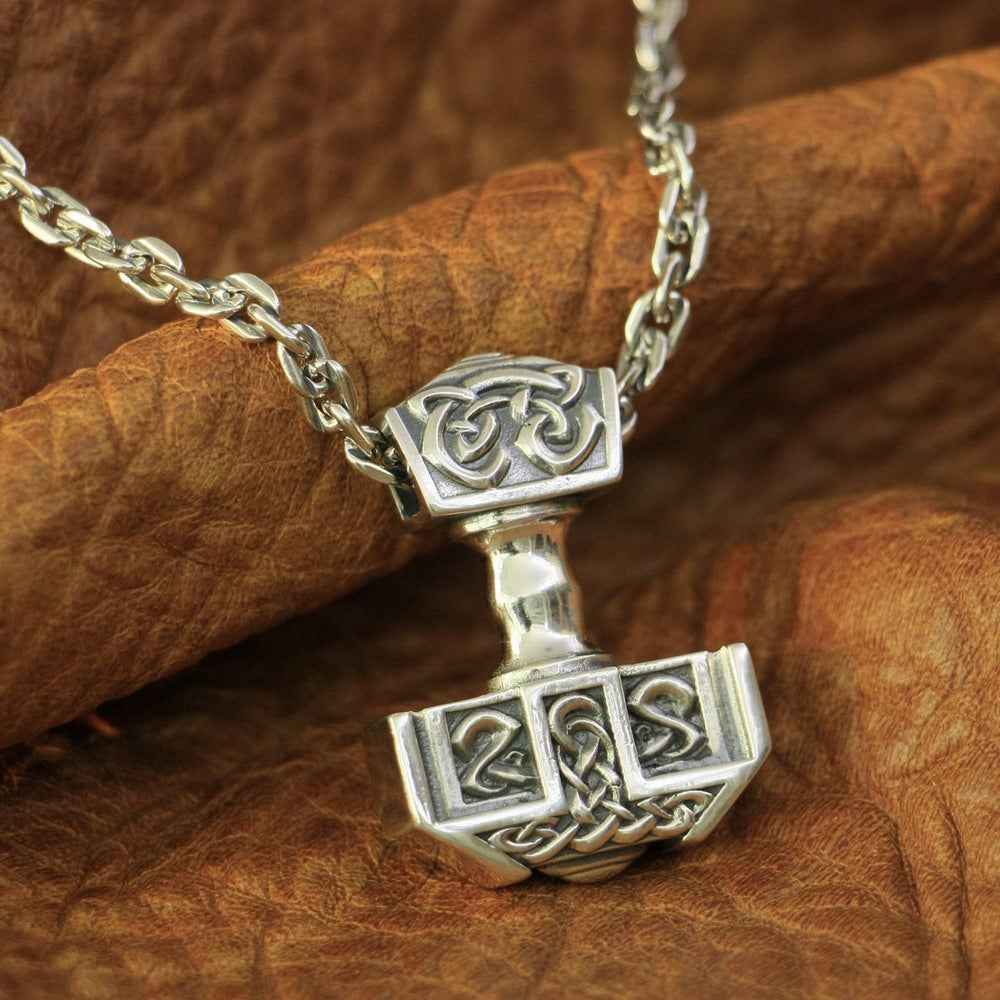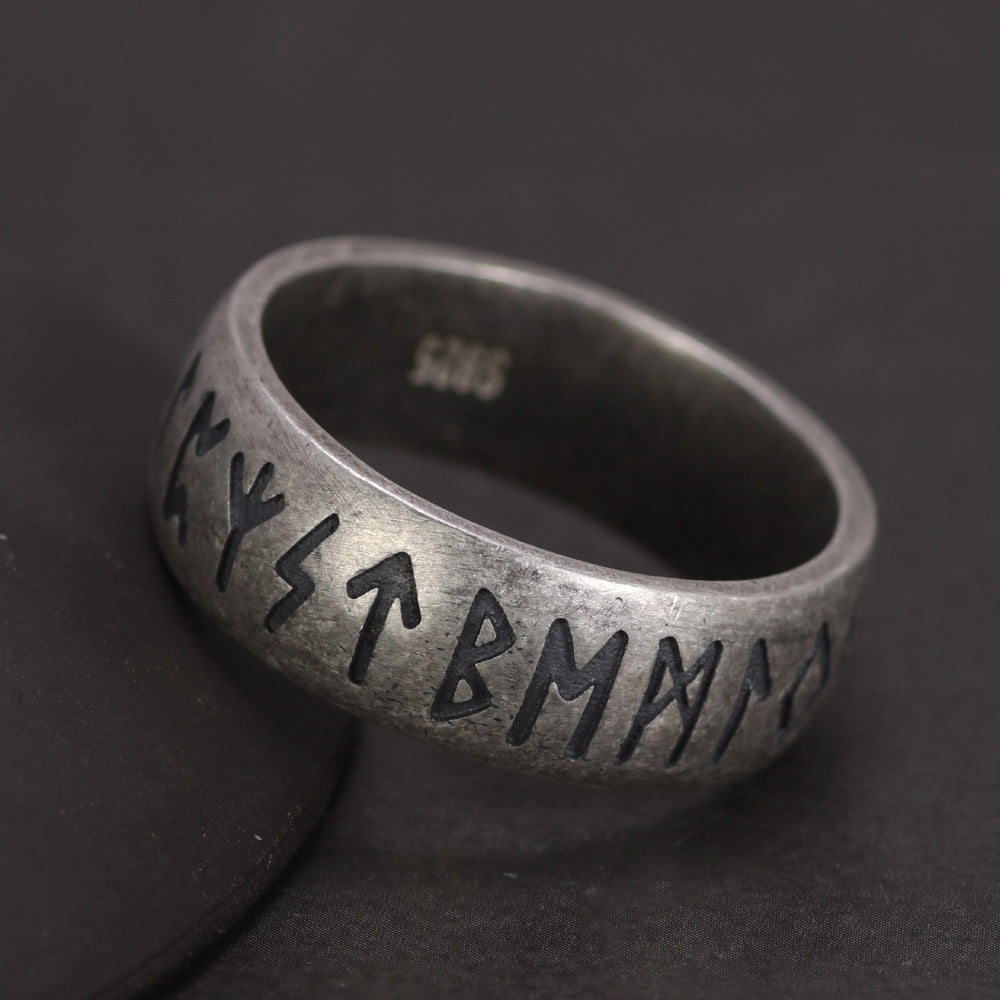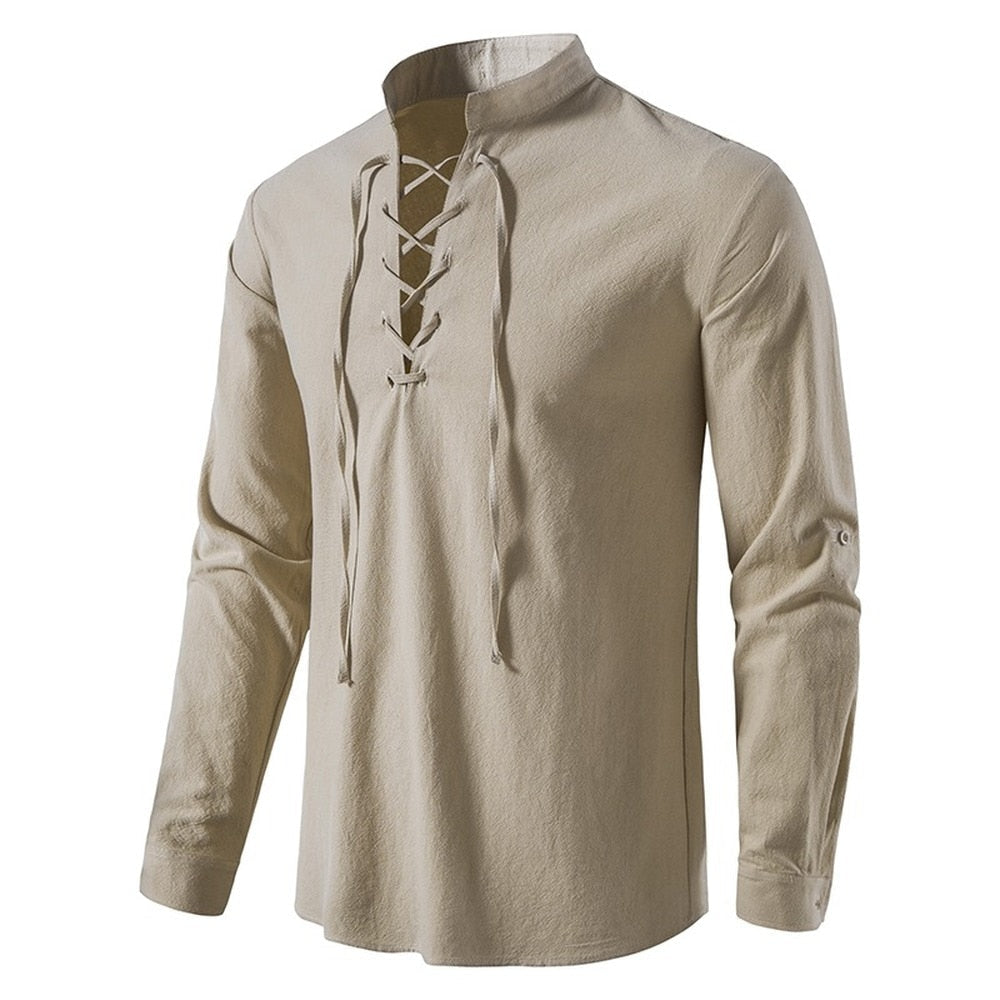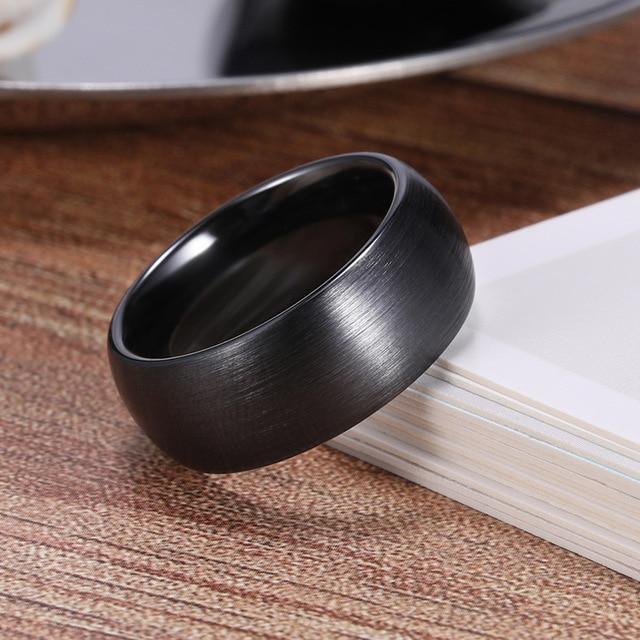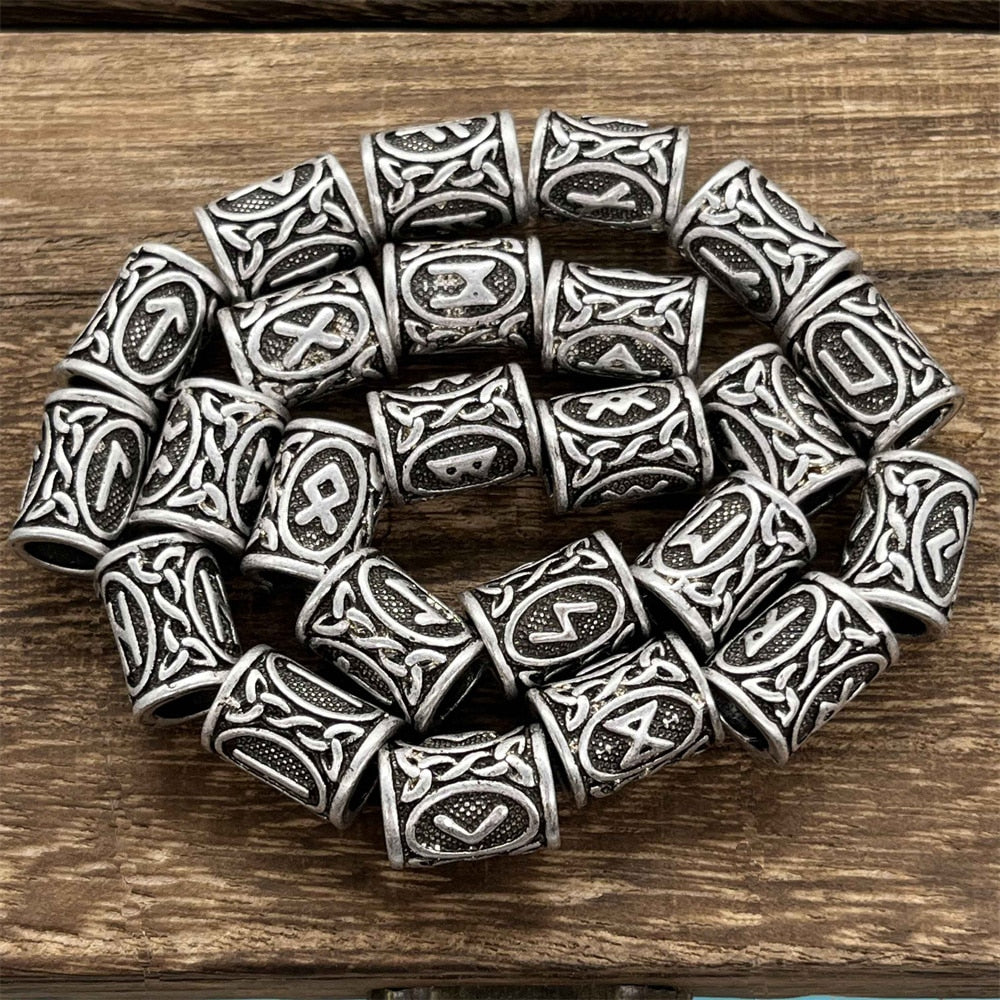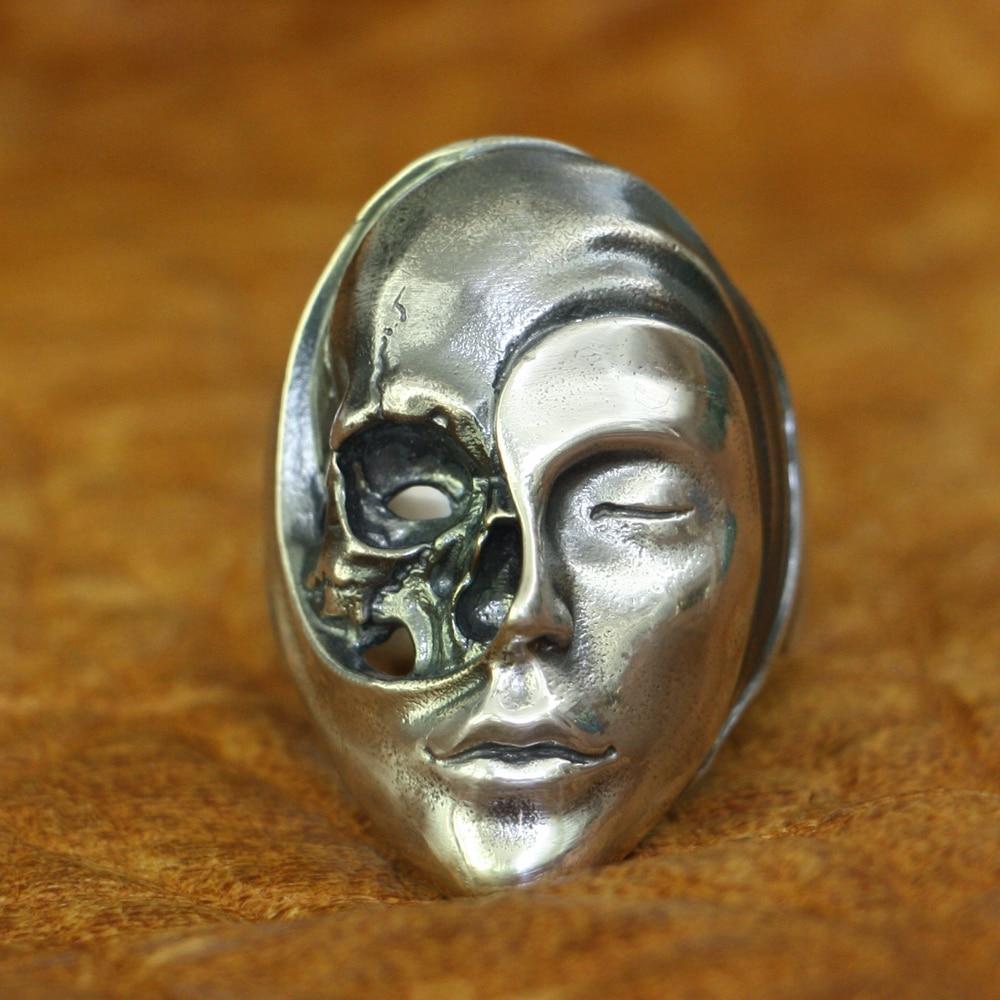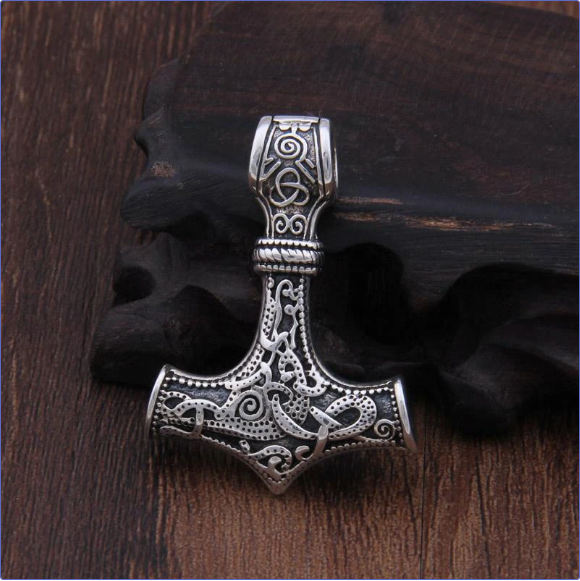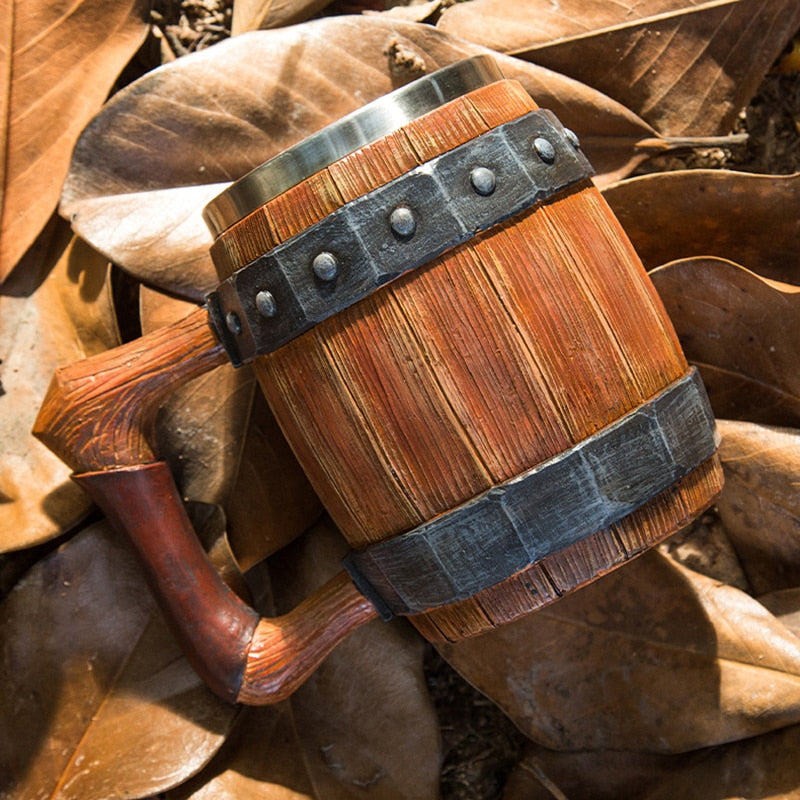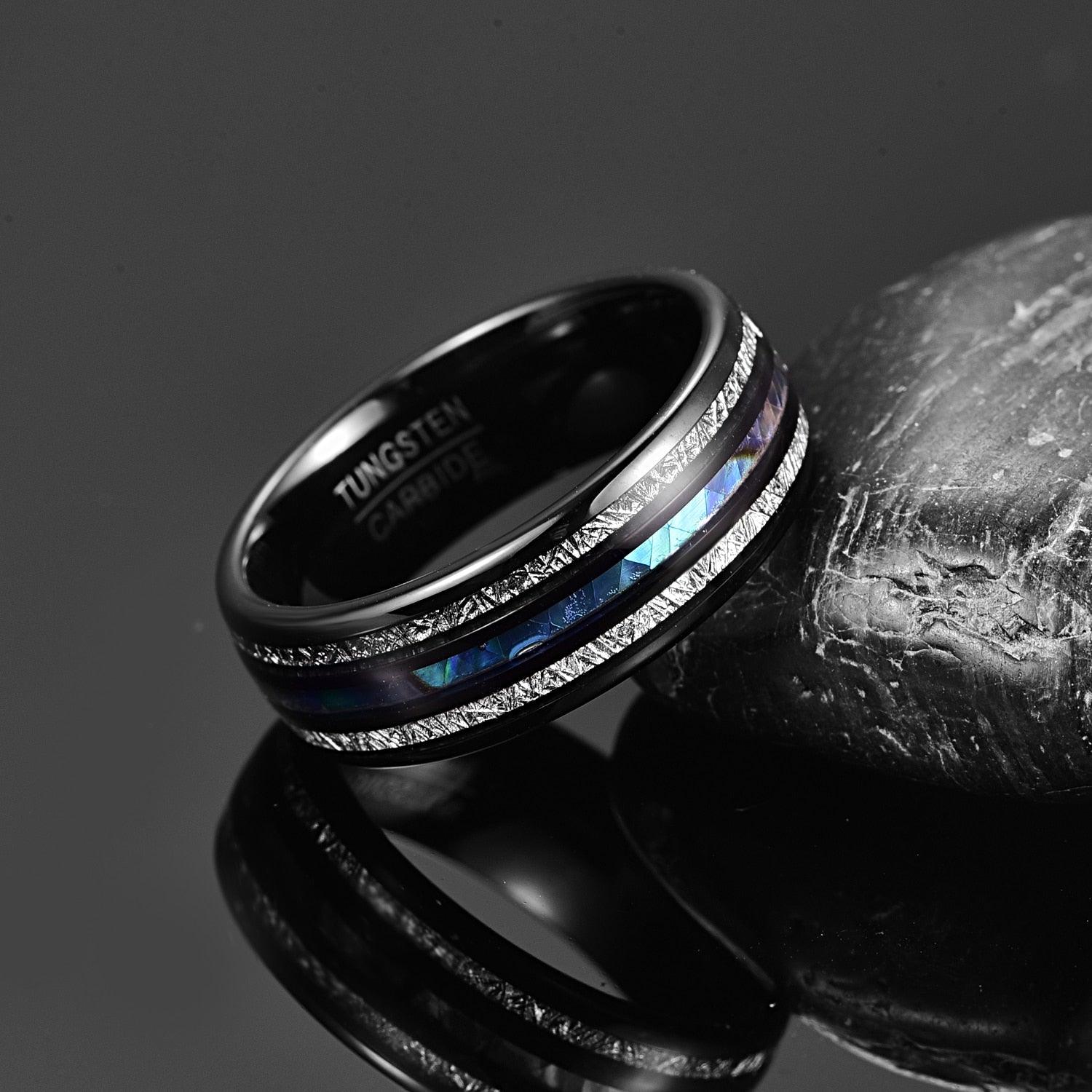Some time after Balder’s death (read more here), with the Gods gradually returning to their normal affairs, they decided to gather together for a feast at the island of Hlesey, in the Halls of Aegir. This was some time after Thor and Tyr secured Hymir’s mighty cauldron for Aegir (read more here), allowing him to brew massive quantities of the excellent ale that had made him famous throughout the Nine Realms.

The feast was attended by most of the Gods, with a notable absence of Thor, who was in Jotunheim, but on his way to the feast. Odin and Frigg were present, as well as Vidar, a son of Odin by the giantess Gríðr. Thor’s wife Sif was also attending, soon to be joined with her husband again.
Tyr had a place of honor, celebrating by his part in acquiring Aegir’s new beer cauldron and for his sacrifice in the binding of Fenrir (read more here). Also present were the God Bragi and his wife Idun (read more about her here).
From the Vanir, came the God of the sea Njord and his wife Skadi, as well as Freyr and Freyja with Freyr’s two servants Byggvir and Beyla. Several other Gods and even elves gathered in the massive hall, which was lit with great nuggets of shining gold.
And most importantly, Loki was there.
The hall was consecrated to peace, and Aegir’s two serving-men, Fimafeng the Swift Handler and Eldir the Man of Fire, moved amongst the guests filling their cups with ale with great expedience. Almost all the guests were merry, enjoying good food, great ale and good conversation, with the Aegir’s servants being praised by their great expedience. Loki was, however, in sour mood.

The pleasure and good will in Aegir’s hall was unbearable for Loki, and the praises for Aegir servants made his blood boil. Without any provocation, Loki suddenly attacked one of them – Fimafeng - with his knife, killing him.
Gods and elves immediately stood up and took their shields against Loki, driving him out of the hall. Loki escaped into the darkness of the forest on the island of Hlesey, and the feast soon continued.
It was not long before Loki returned from the woods to the feasting hall. He ambushed Aegir’s remaining servant Eldir outside the door and, with his knife to the neck of poor Eldir, Loki demanded to know what the Gods were talking about in the hall since his absence.
Eldir told Loki that the Gods were comparing their weapons and their prowess in battle, and that Loki would not find anyone in the hall with a single word of praise to him.
Loki’s already sour mood darkened even more and he strode into the hall.
A great silence fell in the hall as Loki’s footsteps echoed. Every single one of the guests gazed upon him, imagining what indignities would Loki inflict now and wondering if they should take arms again for the second time in the same night.
Undaunted, Loki went to the middle of the hall and demanded a drink.
The Gods were shocked by Loki’s audacity, and he again demanded to drink or to be told that he was unwelcome.
That was all the cue Bragi needed and he told Loki, in no uncertain words, that he was no longer welcome. To Loki he said that the Gods will no longer make room and give him a place amongst them.
Loki gazed at Bragi with contempt and addressed the Allfather, invoking the age-old vows between them, from the time when they became blood-brothers. Back then, the Allfather vowed not even to drink, unless drink were brought to Him and Loki both.
Odin knew that the bonds of honor created by such vows could not be lightly broken and reluctantly told his son Vidar to make space for Loki, who he called wolf’s father.
As the loyal Vidar moved away, handing Loki a horn of ale, the trickster’s venom was about to be poured on the unsuspecting gathering.

From his place right beside the Allfather, Loki greeted the assembled Gods, all of them but one: Bragi, who was drunk and slumped on the bench.
Bragi, rightfully offended, told Loki that that he would tear off his head if they only were outside the feasting hall. Loki sneered, calling Bragi the “bench’s pride”, naming him a coward, for brave men do, instead of remain seated considering doing.
Before Bragi could offer any reply, his wife Idun interrupted him, urging him to think on their children and stop antagonizing Loki in Aegir’s hall.
Loki’s malice immediately turned towards Idun, the guardian of Asgard’s Golden Apples. He ordered her to be silent, trying to shame her by claiming that she was “the most found of men” amongst Aesir, and that she was married to her brother’s murderer. Despite Loki’s withering abuse, Idun did not lose her composure, as she was trying to keep the peace in the hall.
At this, Gefjon, a Goddess associated with ploughing, foreknowledge and virginity, intervened, telling the assembled Gods the futility of exchanging gibes with Loki, who does not perceive his errors and is compelled by his Wyrd.
Loki was just beginning, and spewed forth more venom, calling Gefjon a corrupter of youths.
This attack on a Goddess of virginity appalled Odin, who urged Loki to stop immediately, as he clearly lost his senses.
One can easily imagine Loki frothing with rage and resentment at this point as he points to the Allfather and claims that He was never an even-handed God, handing victories in battle for the weak and cowards alike.

The Allfather, wise and honorable in all things, never pretended otherwise and replies, calling Loki’s nature base, broken and unmanly (please remember this was written by the christian Snorri Sturluson on the XIII century, with all the prejudices a christian had at the time). Loki retorted by saying that Odin was Himself unmanly for working spells like a Volva (seeress).
The discussion was quickly devolving, and Frigg attempted to restore peace, remembering that Odin and Loki were blood-brothers, and that all those deeds were long in the past. Yet Loki was not willing to be appeased and, with a colossal lack of restrain, called the Allmother Frigg unfaithful, claiming that she shared her bed with Odin and his two brothers, Vili and Ve.
Freyja could not be stopped and surged forth to defend Frigg. Freyja all but told the assembly that Frigg knew about Loki’s part in the death of her son Balder, but chose to remain silent.
The assembly was speechless, but Loki was not satisfied. Yet his creativity was clearly waning, as he also named Freyja, the Goddess of magic, sexuality and fertility, a witch and a slut, who slept with all the Aesir and Vanir.
Albeit laughable, an offense was still made, and Freyja’s father, the God Njord, rose to defend her. Njord told the assembly that it made no difference if a woman laid with her husband, lover or both, but that a wretched man that became a mother to a horse – Sleipnir, Odin’s horse (read more here) – should not be allowed in such august company.

Loki was determined to expose all the Gods secrets that evening, and in riposte, revealed that Njord’s son Freyr was conceived with Njord’s own sister, and that Freyr was “hardly worse” than Njord.
Freyr, the God of Plenty, was beloved by all, and Tyr immediately rose in his support, exalting his virtues. Loki gazed malevolently at Tyr, mocking him for loosing his hand in Fenrir’s mouth and calling him a cuckold, claiming to have a son with Tyr’s wife.
It was Freyr's turn to defend Tyr, as he remembered Loki that, while Tyr lost a hand, Loki’s son Fenrir would remain fettered until the end of times, and so would Loki if he did not held his tongue.
Loki retorted that Freyr had bought his wife (Gerd) with his sword, and he would sorely miss the latter during Ragnarok.
“Loki, thou art drunk, and hast lost thy wits” came Heimdall to the trickster, urging him to leave. But Loki would have none of that, calling him a mere servant, the watchman of the Gods.
The Gods were appalled, yet Thor’s wife, Sif, stood up and offered Loki a cup of mead, suing for peace and asking to “be left stainless” in his jibes. Draining the offered cup, the trickster sneered. To Sif he said, with a wicked smile, that she should remain stainless, as for but her husband only Loki had set her on fire.
Loki was so carried away by his flight of words that he did not see that Thor had walked into Aegir’s hall.

Thor Statue at Mariatorget, Stockholm
The God of Thunder waited until Loki had had his say and then stepped forward demanding Loki to hold his tongue, least his hammer Mjolnir would hold it for him and he would meet his daughter in Helheim.
The trickster knew better than to try his luck with Thor and decided to leave. However, before crossing the threshold of the door, he finally addresses his host, Aegir: “You’ve brewed fine ale, Aegir, but you’ll never hold another feast such as this.” With an unnerving malice on his eyes, Loki foretells Ragnarok, claiming that Aegir and all he owned would be destroyed by flames. Glancing back at Thor, fear strikes the trickster and he quickly makes his leave.
Yet, the feast was ruined and all the Gods were in sour mood. Then in silence they leave Aegir’s hall, for the last time.
Sources
Thorpe, Benjamin. (1866). Edda Sæmundar Hinns Froða: The Edda Of Sæmund The Learned. (2 vols.) London: Trübner & Co. 1866. (Google Books)
Jesse Byock (2005) Snorri Sturluson, The Prose Edda. 1st. edition. London, England: Penguin Books Ltd. ISBN-13 978-0-140-44755-2
Saxo Grammaticus. The History of the Danes. ISBN-13 9780859915021

